Unifying the legal framework for extra-budgetary financial funds
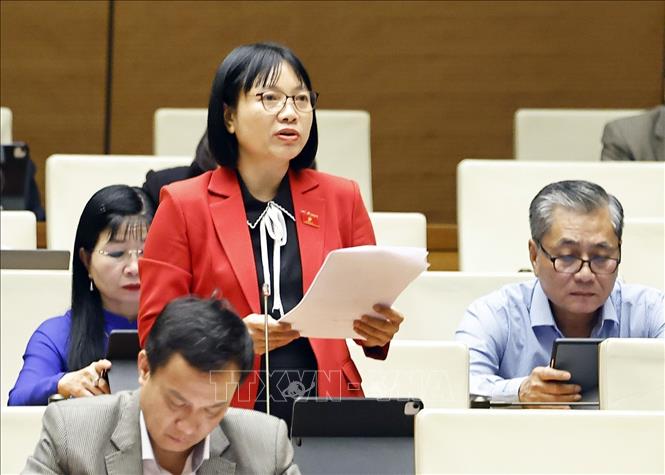
National Assembly delegate of Hai Phong City Nguyen Thi Viet Nga speaks. Photo: Doan Tan/VNA
Highly appreciating the Government's report on the implementation of the 2025 financial plan and the 2026 plan for the extra-budgetary state financial funds managed by the Central Government, according to delegate Nguyen Thi Viet Nga (Hai Phong), most of the funds have been arranged and their organizational apparatus has been consolidated, gradually promoting their important role in supporting social security, protecting the environment, developing small and medium enterprises, promoting digital transformation, as well as mobilizing many social resources to serve the country's socio -economic development goals.
However, in addition to the achieved results, delegates said that this fund system still revealed many systemic bottlenecks. To overcome the shortcomings, delegate Nguyen Thi Viet Nga proposed a number of key solutions, including unifying the legal framework for extra-budgetary financial funds, clearly defining the establishment criteria, operating mechanisms, governance models and independent auditing processes; promptly issuing missing decrees and regulations, prioritizing funds awaiting operational mechanisms such as: Public Telecommunications Fund, Environmental Protection Fund, Investment Support Fund; establishing a nationwide digital monitoring system, periodically publicizing revenue - expenditure - fund balance - disbursement data on the Ministry of Finance 's information portal.
In addition, delegates said it is necessary to review and rearrange funds that operate inefficiently or have duplicate functions; funds with disbursement rates below 70% for two consecutive years need to submit transfer or consolidation plans; expand the mechanism for mobilizing social resources, especially for funds for developing enterprises, cooperatives, innovation and tourism through co-investment, counterpart, and conditional risk sharing; improve the efficiency of using idle capital of insurance funds within safe limits, in order to preserve and develop funds while still ensuring the principle of sustainable social security.
“The effective management and use of non-budgetary state financial funds is a test of the capacity to manage modern, transparent and effective public finance. If operated in the right direction, this will be an important additional resource for green economic development, innovation and social security, helping to reduce the burden on the state budget; at the same time, increasing people's confidence in the effectiveness of using each tax dollar”, affirmed the Hai Phong city delegate.
Maximize mobilization and effective use of non-budgetary resources
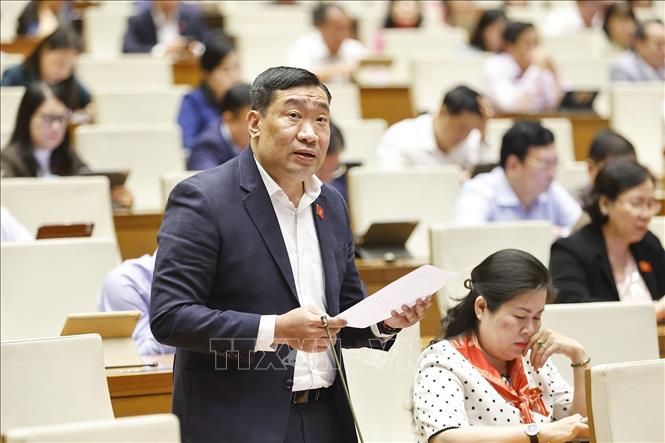
National Assembly delegate of Vinh Long province Thach Phuoc Binh speaks. Photo: Doan Tan/VNA
Concerned about the issue of mobilizing and effectively managing non-state budget resources, delegate Thach Phuoc Binh (Vinh Long) emphasized that in the context of the country entering the pivotal stage of the socio-economic development plan for the period 2026 - 2030, the task is to expand fiscal space, mobilize to the maximum and effectively use non-state budget resources. Current practice shows that two important resources that have not been exploited adequately are non-budgetary State Financial Funds and gold resources, accumulated assets in the population.
“Both are large “capital reserves” of the economy - one in the public sector, one in the people, but both are lacking a synchronous, transparent, and effective management and mobilization mechanism,” delegate Thach Phuoc Binh stated.
Regarding the management and use of non-budgetary state financial funds, delegate Thach Phuoc Binh said that the operation of these funds still has many shortcomings, which leads to the risk of resource dispersion and reduces the society's trust in the transparency of public finance. To overcome this, the delegate proposed 5 key groups of solutions.
Firstly, it is necessary to promulgate the Law on Management of Extra-budgetary State Financial Funds, or at least add a separate chapter in the revised State Budget Law to unify institutions, clearly stipulate criteria for establishment, scope of operation, control, reporting and dissolution mechanisms.
Second, increase publicity, transparency, and mandatory annual audits, with funds with over 30% of state budget capital subject to comprehensive state audits.
Third, streamline the fund system: merge duplicate funds such as the Technology Innovation Fund and the Science and Technology Development Fund; dissolve weakly performing funds lacking stable revenue sources.
Fourth, applying digital technology in financial supervision, building a National Database on Extra-budgetary Financial Funds, connecting with the State Treasury and State Audit systems for real-time supervision.
Fifth, strengthen accountability to the National Assembly and voters, "because each fund, in the end, is still a social resource entrusted to the State for management," said delegate Thach Phuoc Binh.
Regarding the issue of mobilizing gold resources among the people, turning "static" assets into "living" driving forces of the economy, delegates from Vinh Long province also proposed 5 specific groups of solutions. Firstly, stabilize the gold market, narrow the price gap between domestic and foreign markets to below 5 million VND/tael within 6-12 months; control speculation, increase supply through controlled imports.
Second, establish a National Gold Exchange. People can deposit physical gold in a standardized depository, receive electronic certificates for trading, pledging, or converting. Thereby, the State can manage the flow of real gold while still ensuring the people's ownership rights.
Third, develop gold financial products: issue gold depository certificates, gold investment funds, gold bonds guaranteed by physical gold in warehouses. People can contribute gold or invest in VND to enjoy profits according to gold prices, turning "static capital" into "dynamic capital".
Fourth, encourage the conversion of gold into VND through free custody policies, preferential interest rates, or the issuance of gold-denominated government bonds exclusively for physical gold sellers.
Fifth, ensure system safety and information transparency, strictly prohibit banks from mobilizing or lending gold; periodically publish the "National Gold Bulletin" so that people can access complete information, creating trust in the market.
Delegate Thach Phuoc Binh affirmed that the two issues: managing the state financial fund outside the budget and mobilizing gold reserves from the people, although different in scope, both aim at the same point: unlocking social resources based on the foundation of transparency, financial discipline and trust.
“We cannot mobilize people’s resources if we have not managed State resources transparently and effectively; nor can we exploit people’s capital if we have not created trust that this capital will be used effectively, safely and profitably for the country,” said delegate Thach Phuoc Binh, at the same time recommending that the National Assembly assign the Government to develop a comprehensive project on mobilizing and managing resources from the state financial management fund outside the budget; in which both pillars are integrated: Institutionalizing transparent and effective public financial funds and establishing a mechanism for mobilizing financial resources from the population in a safe, modern and integrated manner.
Source: https://baotintuc.vn/thoi-su/khoi-thong-nguon-luc-xa-hoi-tren-nen-tang-minh-bach-ky-luat-tai-chinh-va-niem-tin-20251030184318880.htm





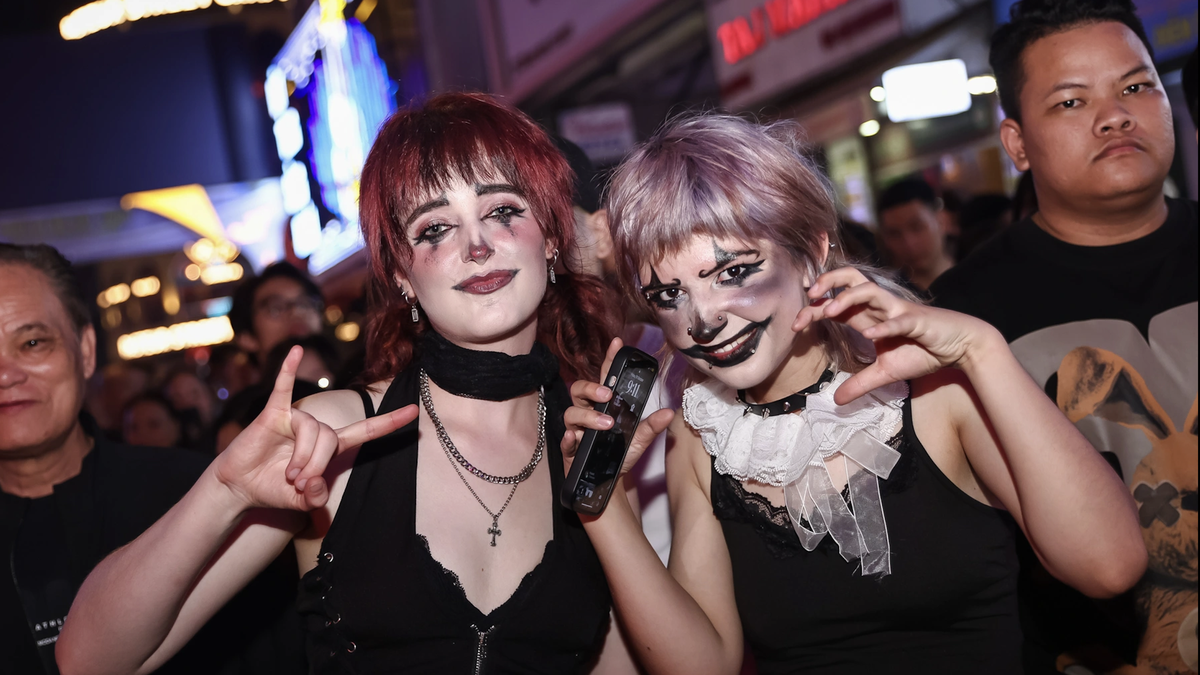


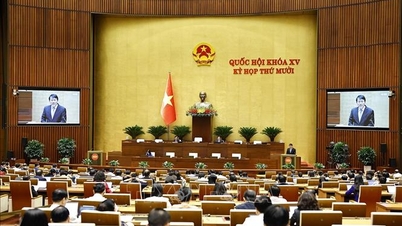
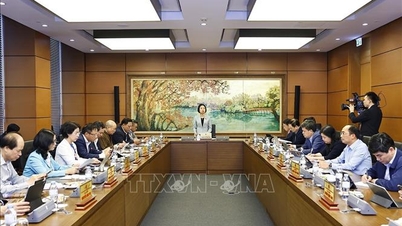
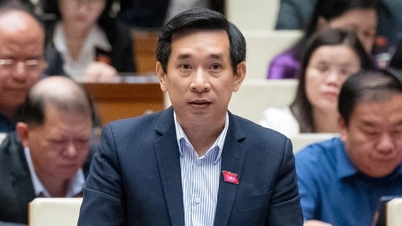

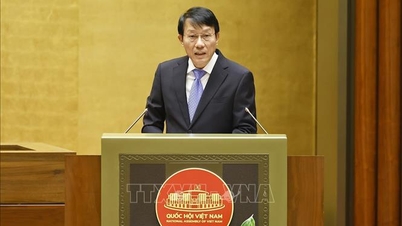
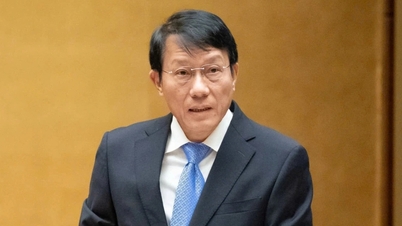
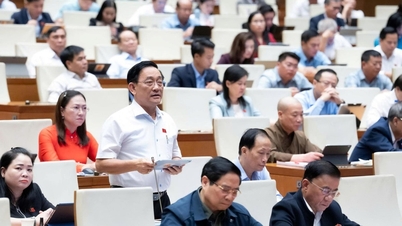






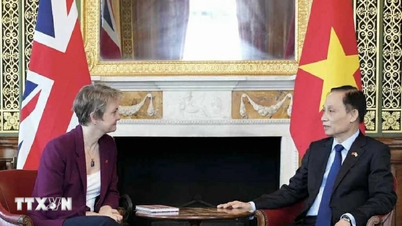


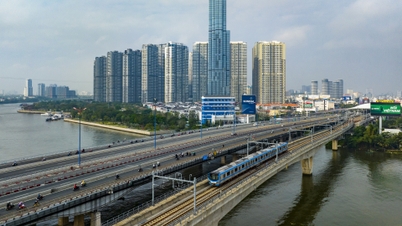





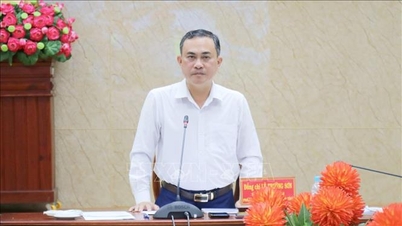
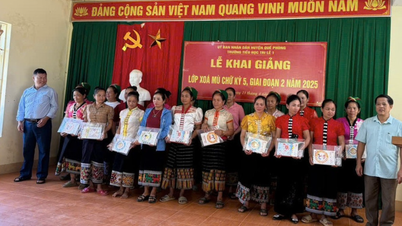

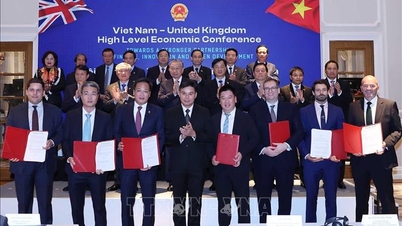

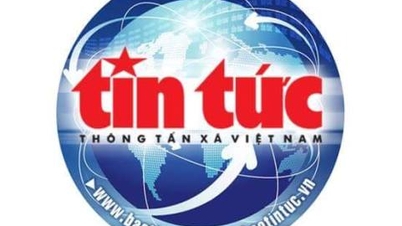
![[Photo] Da Nang: Water gradually recedes, local authorities take advantage of the cleanup](https://vphoto.vietnam.vn/thumb/1200x675/vietnam/resource/IMAGE/2025/10/31/1761897188943_ndo_tr_2-jpg.webp)












































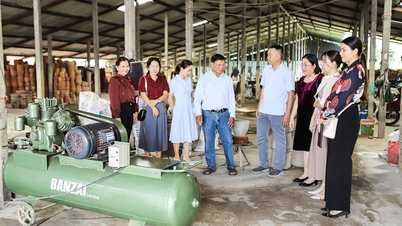




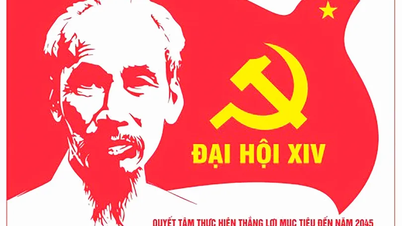
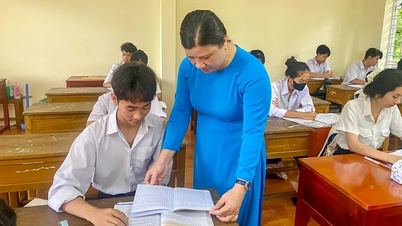















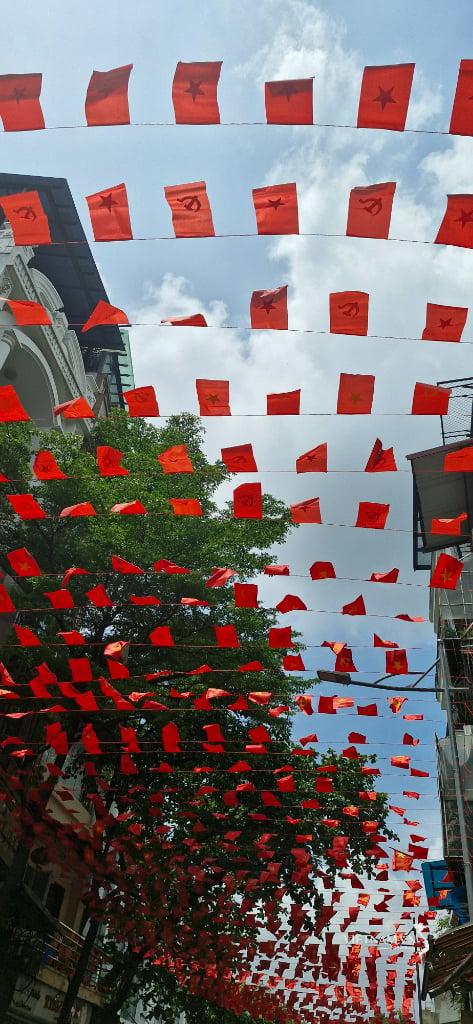

Comment (0)